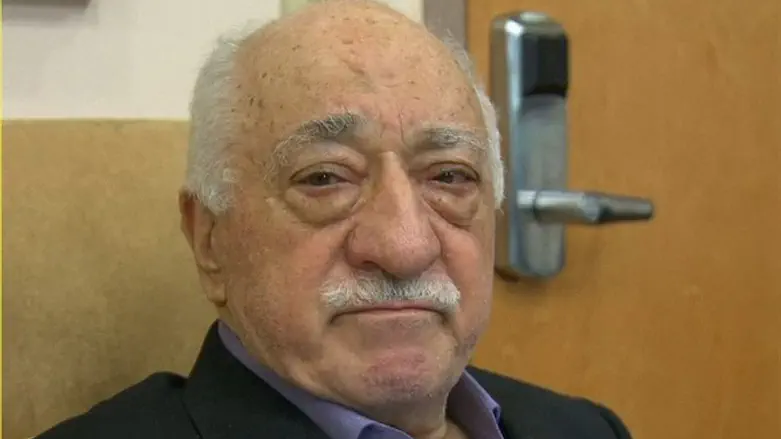
The United States confirmed on Tuesday it has received a formal extradition request from Ankara for the Turkish cleric Fethullah Gulen, but not over the July coup attempt the Turkish authorities has accused Gulen of orchestrating, The Guardian reported.
The State Department’s announcement came after U.S. officials met their Turkish counterparts in Ankara to discuss Gulen, who has lived in rural Pennsylvania for the past 17 years in self-imposed exile.
Gulen leads from exile a popular movement called Hizmet and split from Turkish President Recep Tayyip Erdogan over a corruption scandal in 2013. Erdogan has long accused him of running a parallel state from abroad.
Gulen has hinted that the recent uprising by members of the country’s military could have been “staged” by the government, and has also denied any involvement in it.
Vice President Joe Biden is expected in the Turkish capital on Wednesday to meet President Recep Tayyip Erdogan, according to The Guardian.
Biden will emphasize “ongoing strong support” for Turkish democracy in the wake of the foiled coup by a segment of the armed forces, but the Turkish leader is expected to focus his attention on the Muslim cleric, the report said.
Erdogan has previously warned the Obama administration it had to “choose between Turkey and Gulen”.
“We can confirm now that Turkey has requested the extradition of Gulen,” State Department spokesman Mark Toner told journalists.
He added, however, that the extradition request was not related to the attempted coup, but was for other issues for which Gulen was being sought by authorities in Ankara.
He did not specify what those issues were.
Since the failed coup, ten of thousands of suspected Gulen supporters have been dismissed from jobs in the judiciary, armed services or media, and many have been arrested and imprisoned.
Earlier this month, the State Department said it had received a sheaf of documents from Turkey about Gulen, but could not confirm at that time the documents amounted to an extradition request.
Any such request and US response, they said, would be governed by the extradition treaty both countries signed in 1981.